Key Points:
- Modding your car can give it more power and better handling, but often at the cost of the lifespan of specific wear components.
- Since performance modifications change the forces applied to your vehicle during everyday driving maneuvers, they can cause the clutch to fail or transmission to overheat. These components may need to be replaced when making mods that change your car’s horsepower or torque output significantly.
- Even cosmetic modifications like changing the rims or wheels on your vehicle can create extra wear and tear. They may change the angle of your suspension or the amount of weight being placed on your driveshaft, putting strain on these components.
- Wheel bearings and brakes are designed to handle specific loads, so doing anything to change the weight or power of your car will likely impact their lifespan. Check the status of these parts often and order high-quality aftermarket replacements in advance so you can replace them as soon as it’s necessary.
Modifying your high-performance car is part of the fun of owning one, but adding more power to your vehicle comes at a cost. We’re not just talking about the price of your aftermarket upgrades, either (or the fines you might face if you make mods that exist in legal gray areas)—in fact, modding your car often puts additional strain on regular wear components and forces you to replace them more often.
We’ve seen mods of all kinds here at Supercars.net, so we know all about the parts that break down quickest once you pimp out your ride. Below, we list the parts you’ll have to keep an eye on once you make performance modifications to your car.
Clutch
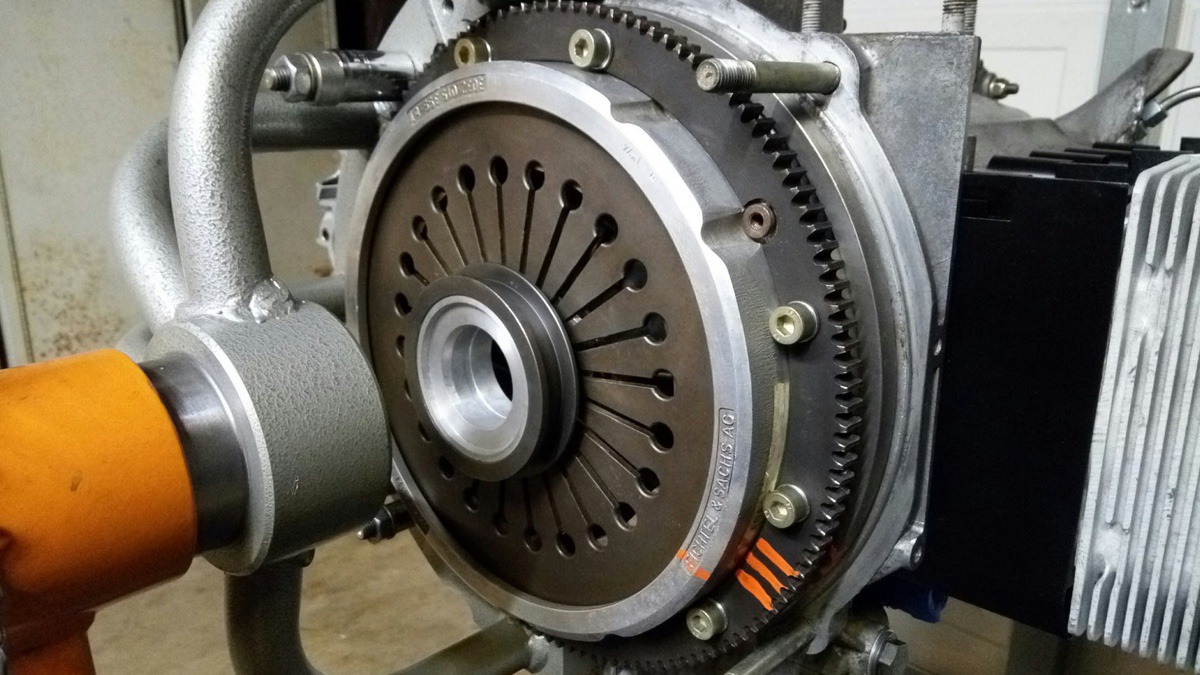
Increasing the power output of your engine means you’ll want to upgrade your clutch so that it can cope with the additional torque. Leaving the stock clutch in your car after significant engine mods is generally a bad idea, since it may start slipping or fail completely while you’re driving.
Wheel Bearings
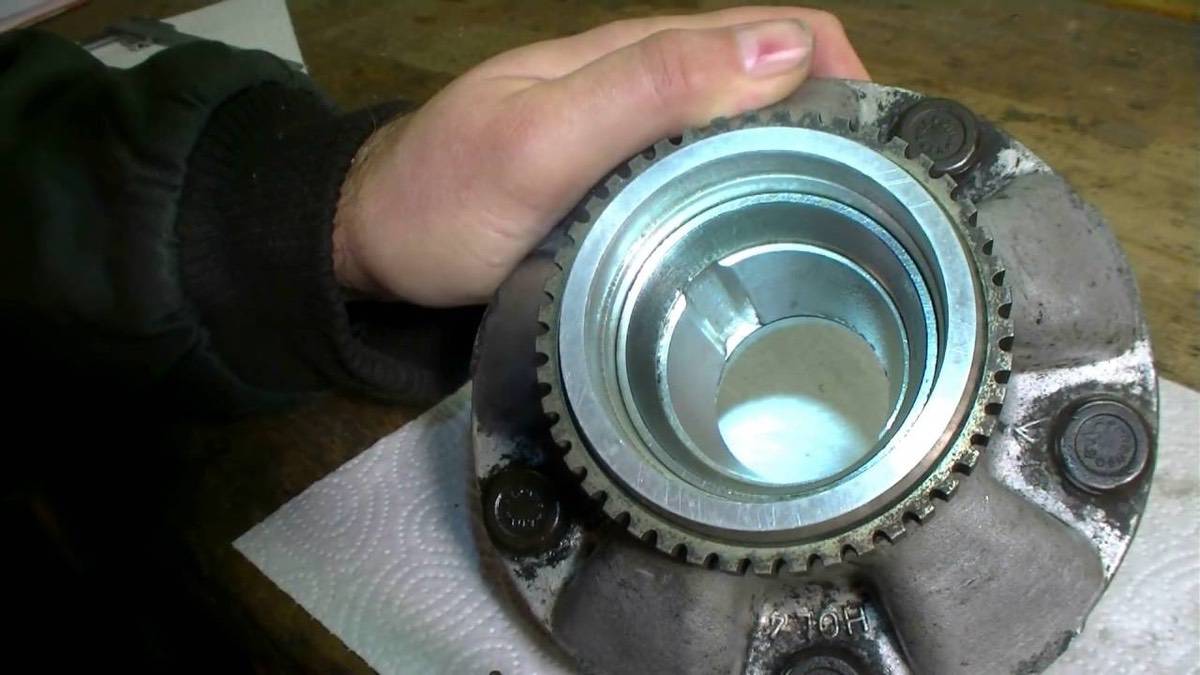
The wheel bearings in your vehicle need to handle the forces you create by accelerating, turning, and braking. Although wheel bearings are not inherently complex (see what wheel bearings are made from), they can still break—and when you pump a bunch of power through your drivetrain that it wasn’t designed for… well, it’s almost a guarantee that your bearings will wear down faster than usual.
Transmission
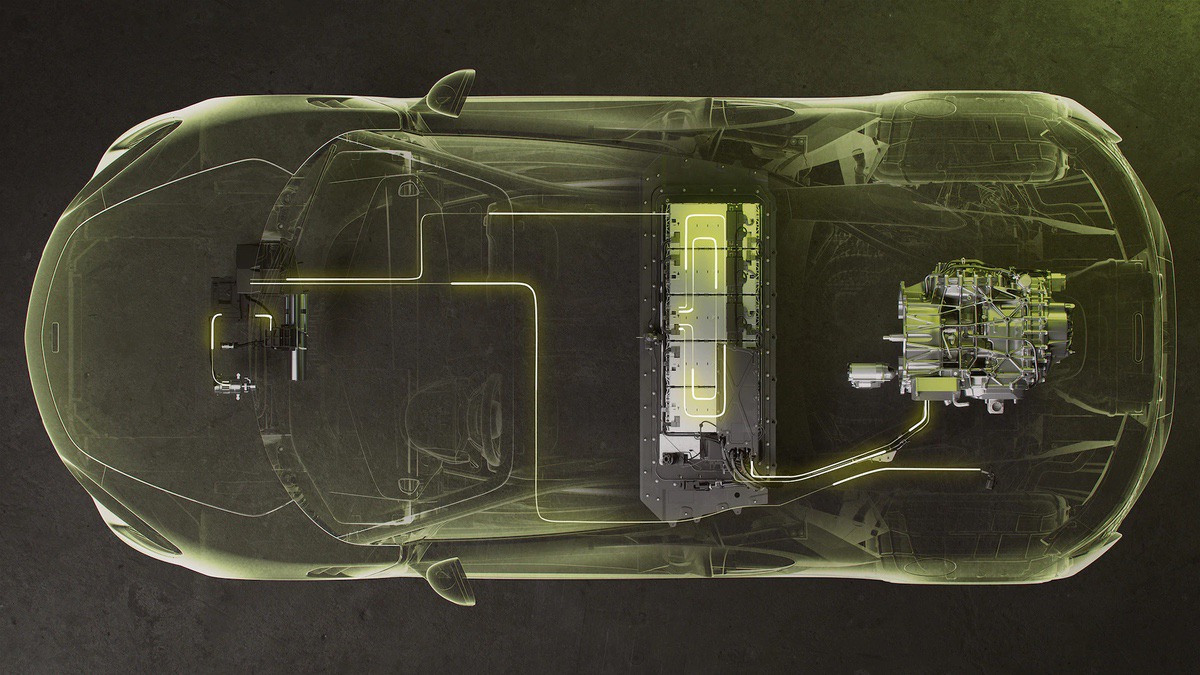
Increasing your vehicle’s torque by using a supercharger or turbocharger can make your car a lot more fun to drive, as can adding a nitrous kit. Unfortunately, both of these common mods can also cause your transmission to overheat.
If you notice delays when shifting, slipping gears, or a burning smell as you drive, this might be happening to you. Help prevent it by checking your transmission oil levels more frequently and seeing your mechanic if you experience any noticeable difficulties while shifting.
Driveshaft
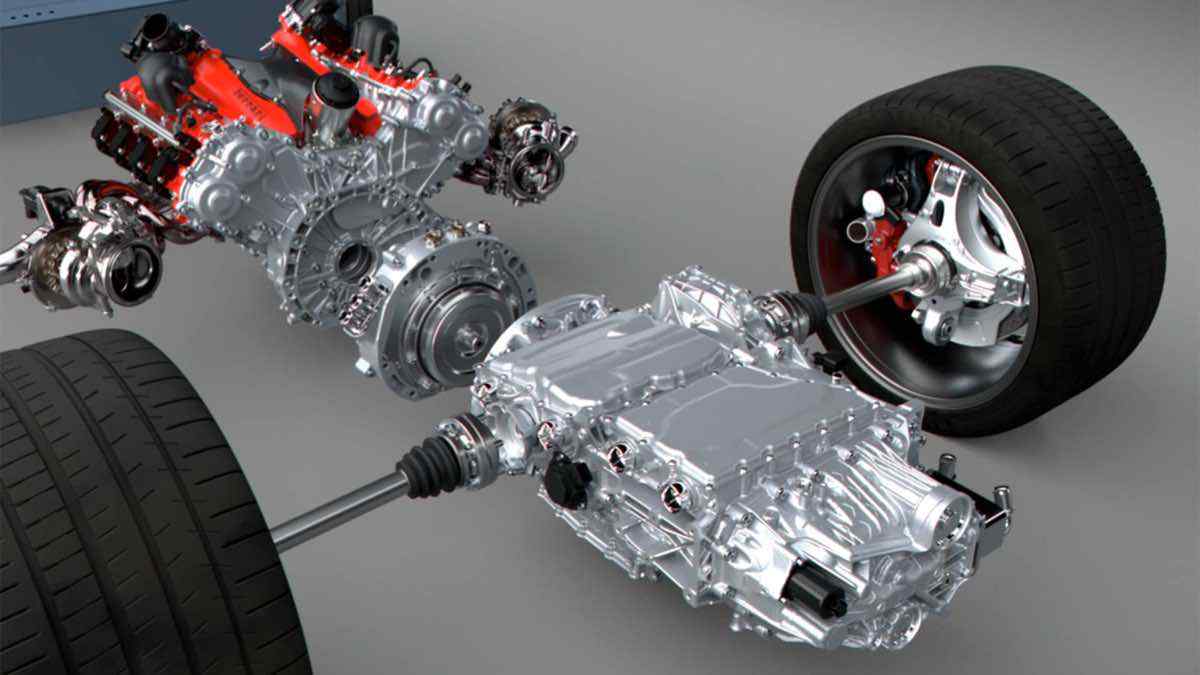
Since your car’s driveshaft is connected directly to the transmission, it’s also likely to be affected by any major performance modifications you make. Even cosmetic mods like lowering your suspension or changing your rims can have an impact on your driveshaft’s lifespan, since these mods can alter the angle of the driveshaft or the amount of weight being placed on it while driving.
Suspension
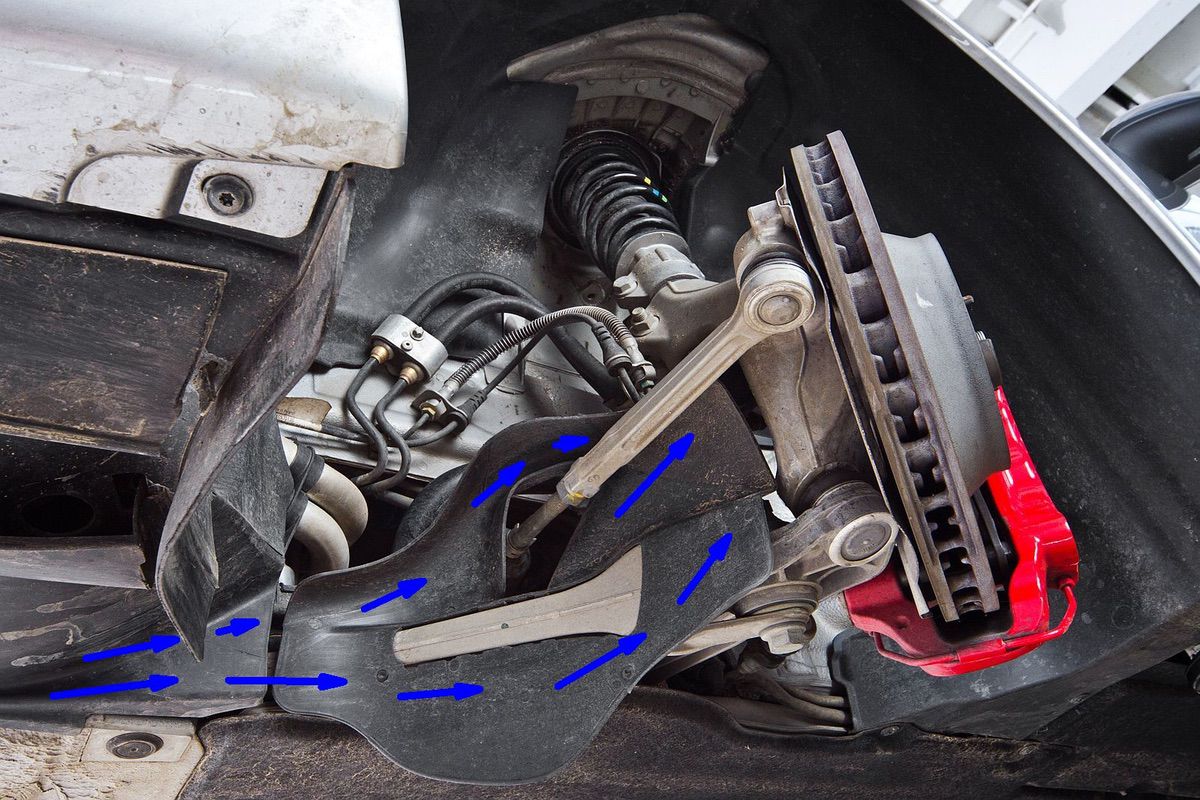
Lowering your vehicle’s suspension with aftermarket springs may improve the way it handles and reduce body roll, which is why so many people do it—although these benefits are not guaranteed. Unfortunately, many aftermarket suspension packages overshoot the optimal spring rate and create a situation where the vehicle actually has a less optimal grip on the road. Not only can this cause damage to the entire suspension system, but it can be dangerous from a road safety perspective as well.
Your car’s suspension can also suffer when putting on rims or wheels that aren’t the same size as the OEM versions. This is because aftermarket rims and tires can increase the unsprung weight placed on your car while driving—causing wear and tear faster.
Brakes
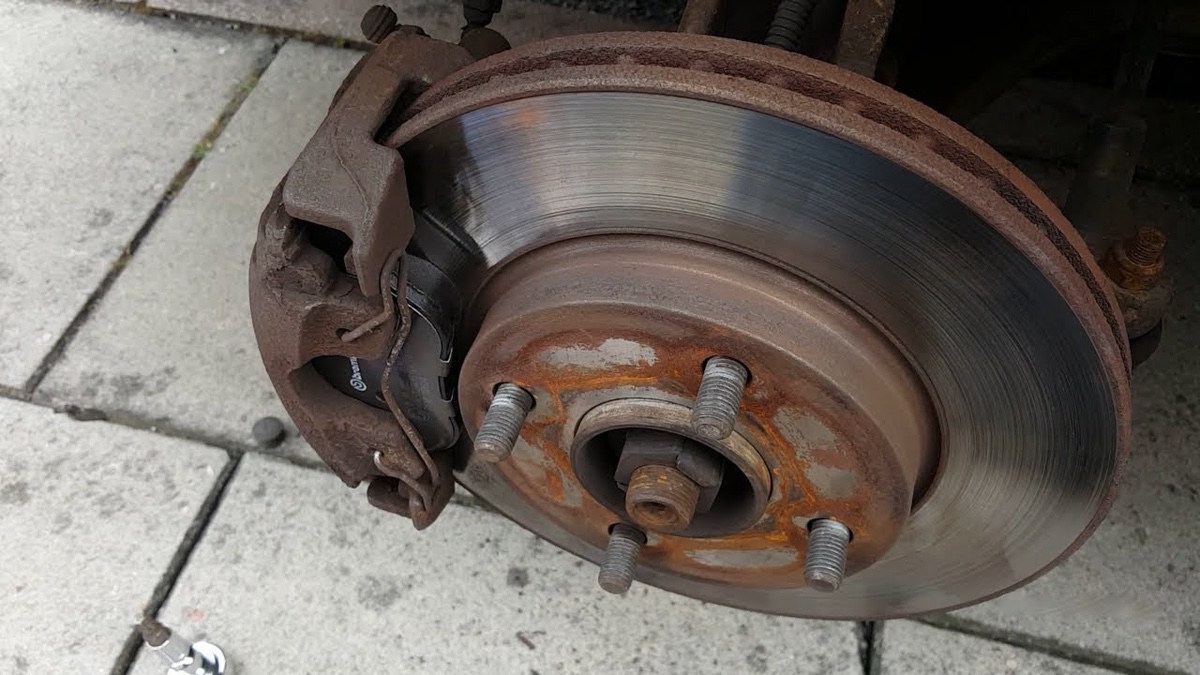
This one’s almost self-explanatory, but we’ll cover it anyway. Basically, stopping a car with more power puts more strain on your brakes, which means they won’t last as long as they would under normal conditions.
Bear in mind also that performance modifications generally inspire more… shall we say, spirited driving—i.e., you didn’t bump your car’s horsepower so you could drive like your neighbor who owns a mid-2000s Honda Civic. And if you’re ripping around in a modded Benz or Porsche, you’ll be generating a lot more heat around your brake pads. While the brakes in your average commuter sedan might last for 50,000 miles, you might want to start checking on yours at around the 25,000 mile mark.
Modding Your Car Is Worth It When You Prepare Properly
We’re not telling you not to modify your car. Like we said earlier, that’s half the fun of having a high-performance vehicle in the first place! You don’t have to drive a particularly fancy car to make mods, either (check out these mods for the Ford Fiesta).
In any case, though, we do stress the importance of planning your modifications carefully—which includes being aware of the small components your upgrades will affect. Use what you’ve learned above to keep tabs on the vulnerable parts of your car, and plan to purchase replacements for them before you need them. Once you do, you should be able to cruise the road with much more confidence.




